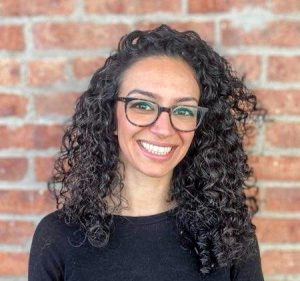By Adam Stone
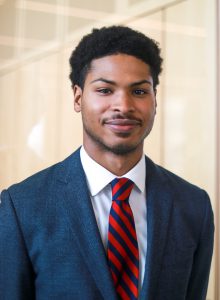
Before attending UBalt Law, Tre Lundy J.D. ’21, worked in several roles at Under Armour.
“I found that the legal department really had a hand in every part of the operation,” he says. At the same time, “I was working with technology a lot, using it to automate my own role or to streamline processes in the supply chain.”
Since graduating from law school, he’s launched a career in exactly that space: At the intersection of law and technology.
Lundy always planned to use his legal training in support of entrepreneurial efforts. After graduation, he launched the legal outsourcing firm Task Masters, then shut that down in 2022 when he founded PaySync, a productivity tool for bankruptcy attorneys.
“When an individual files for bankruptcy, they have to submit six months of pay stubs. The attorney usually puts them into a spreadsheet, manually, so that they can analyze the data,” he says. “PaySync uploads those pay stubs, automates the data extraction, and then produces reports for attorneys. We take an hours-long process down to 10 or 15 minutes.”
Lundy isn’t just the legal brains behind the operation. He wrote the code himself, and built the app with technical help from friends he’d met as a UMBC undergraduate.
“Once I finished law school, while I was doing legal outsourcing and building websites for others, I would spend a few hours every night teaching myself how to code, learning how to build applications,” he says.
“My friends told me the things I’d have to look out for as I built the code: They understood the technical part, but they didn’t know bankruptcy law,” Lundy says. “So I had to leverage their knowledge, and at the same time there was a lot that I had to figure out on my own.”
A practical education
This hands-on, practical approach isn’t new for Lundy. While at UBalt, he was already putting his legal training to work in support of others, through the school’s Community Development Clinic.
Valarie Davis was a client of his at the clinic. During the pandemic, she had launched a non-profit organization to train women, particularly African American women, to do public-health outreach in the Black community.
“I wanted to expand to fee-based services, and to do that I needed to figure out how best to protect people’s data, particularly around health,” she says. “Tre helped me to address specific questions about computer systems, questions about the law, and about privacy.”
As director of the clinic, Prof. Jaime Lee – now associate dean for experiential education — was impressed by what she saw. “This is an excellent example of how the law clinics train UBalt Law students to develop and apply their tremendous talents to serve clients and make an impact on the world at large,” she says. “Tre was a stellar student attorney and is on the cutting edge of our profession, and I’m so proud that he is an alum of our law school.”
A solid start
The clinic experience helped Lundy chart his next steps. “I learned what some of the options were for non-traditional attorneys — and that is what I consider myself,” he says. “This gave me an understanding of what problems businesses face, and what role a legal professional could have in helping to solve those problems.”
That understanding helped bring PaySync to life, and now he’s looking to build on that momentum. “We’d really like to continue expanding our national footprint,” he says.
At the same time, he’s looking to grow the audience beyond bankruptcy attorneys, perhaps offering a similar service to certified public accountants. “From the feedback we’ve gotten, that is the next target client with the highest utility for what the app does,” he says.
If PaySync can expand its user base as planned, “then hopefully in three to five years we will have been acquired,” he says. And then? “After that, we’ll see. I’ll have to dive more into what the problems are, before I figure out how I can provide a solution.”
Whatever he does next, it likely will combine his passion for the law, his grasp of technology, and his interests in both owning a business and supporting others on their entrepreneurial journeys.
For law students thinking they might want to apply their legal skills in non-traditional directions, Lundy has words of encouragement.
“Don’t be intimidated by feeling as if you don’t have enough experience or enough knowledge of a subject,” he says. “It is all about figuring things out on the fly, and that is what lawyers are great at. The greatest skill any lawyer can have is our ability to figure out new things.”
Adam Stone is a writer based in Annapolis.

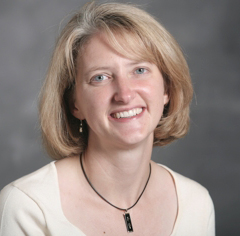
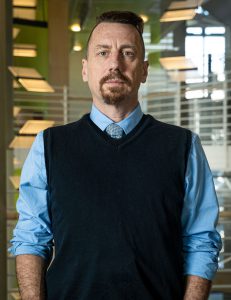
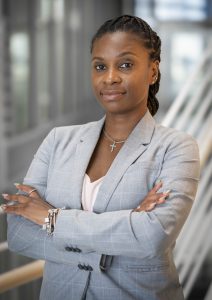
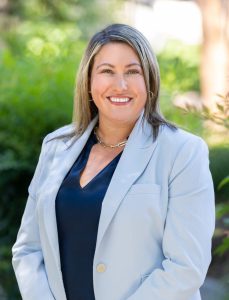
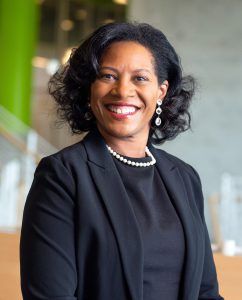 I am so thrilled to be part of this UBalt Law community. My decision to accept the position of dean feels like coming home in many ways. Off and on throughout my life, Maryland has been home for me. I am so happy to be back and to be a short drive from my mom, a retired teacher who resides in Prince George’s County, and near many family, friends and former professional colleagues who live in the region.
I am so thrilled to be part of this UBalt Law community. My decision to accept the position of dean feels like coming home in many ways. Off and on throughout my life, Maryland has been home for me. I am so happy to be back and to be a short drive from my mom, a retired teacher who resides in Prince George’s County, and near many family, friends and former professional colleagues who live in the region.
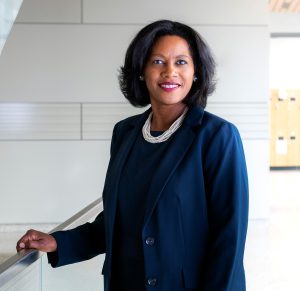 Through it all, for many years Maryland was home, and Reed is very happy to be back. She’s excited about the opportunity to build on the strengths of the law school, especially as it approaches its centennial in 2025.
Through it all, for many years Maryland was home, and Reed is very happy to be back. She’s excited about the opportunity to build on the strengths of the law school, especially as it approaches its centennial in 2025.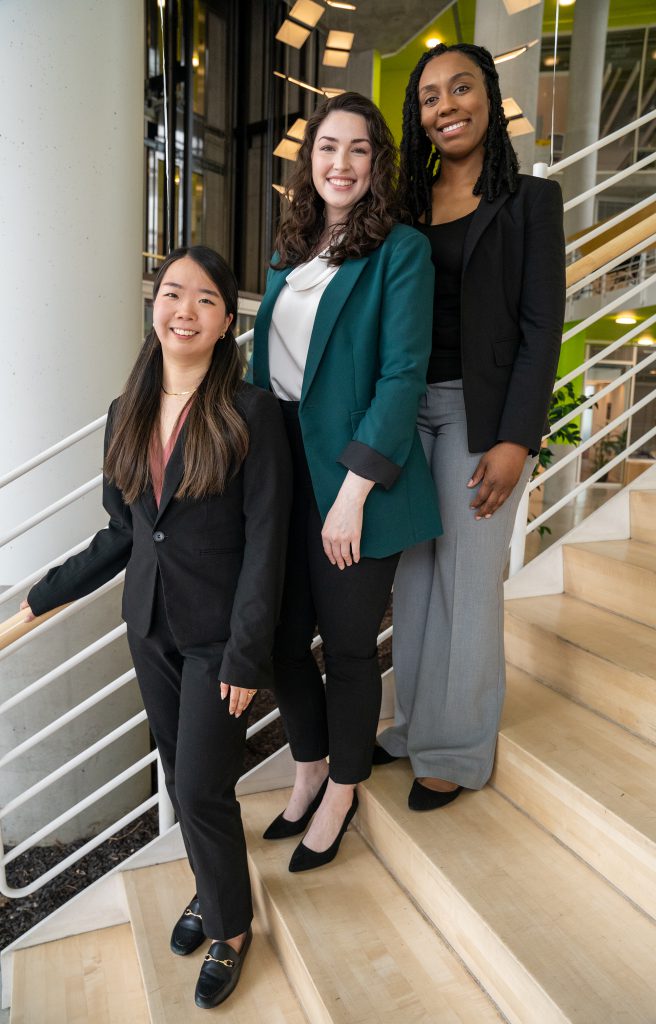
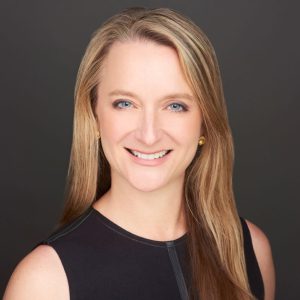 UBalt Law
UBalt Law 